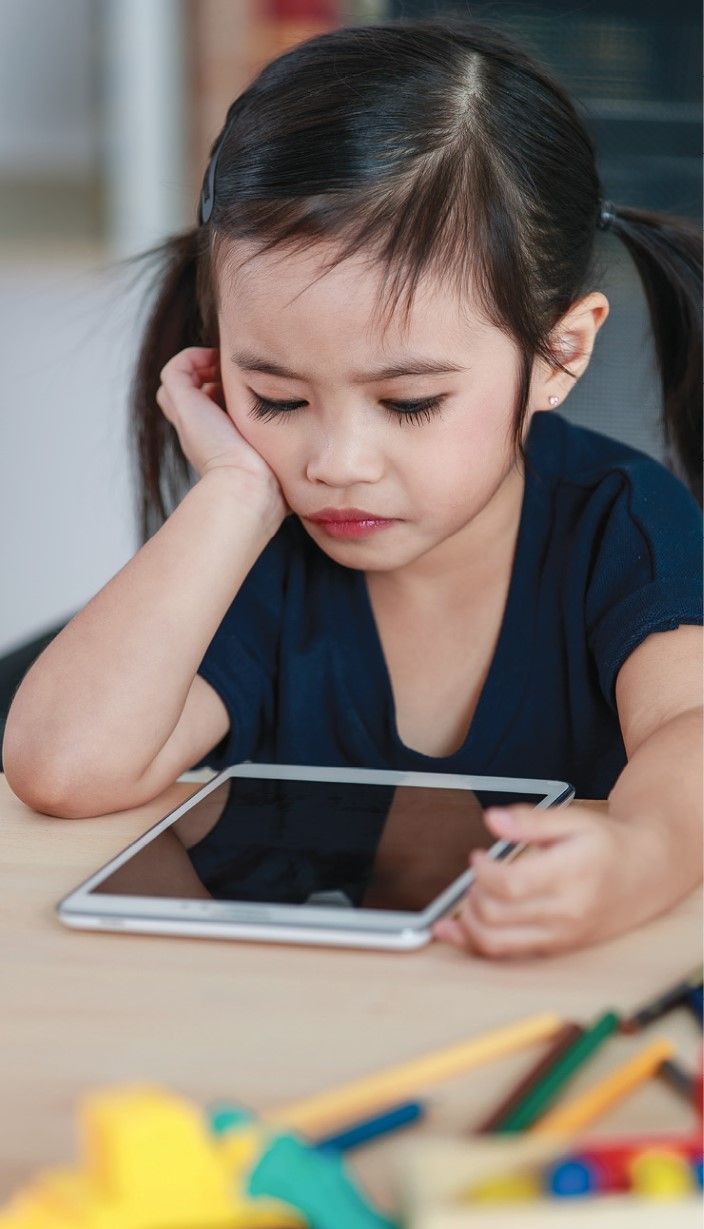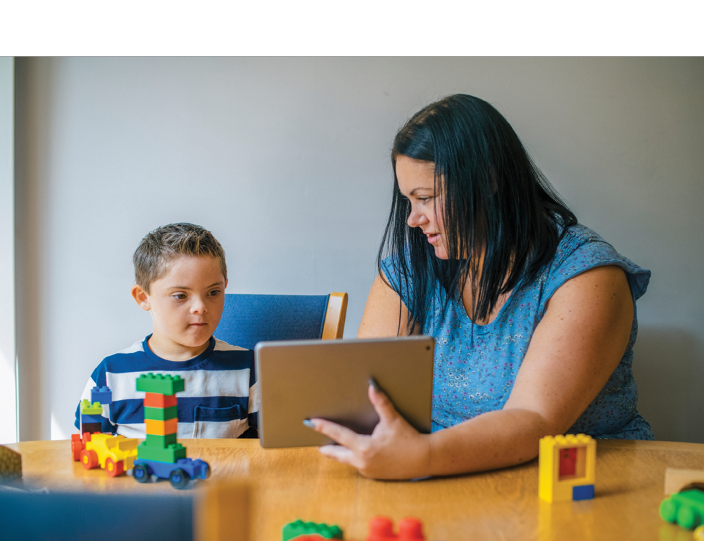
Australian researchers are conducting a study to teach young children, including three and four-year-olds, about online safety and digital citizenship, writes Emily Campbell.
Led by Queensland University of Technology’s (QUT) Professor Michael Dezuanni – an investigator with the Australian Research Council’s (ARC) Centre of Excellence for the Digital Child – the aspect involving kindergarten-aged children is part of a larger project to evaluate an existing digital citizenship curriculum and how it might be adapted to suit formal Australian education settings.
Instilling positive habits early
The year-long trial is funded by an online safety grant from the Office of the eSafety Commissioner and will involve preschools, kindergartens and primary schools from remote, regional and metropolitan areas across Australia.
Professor Dezuanni said it was important to instill good habits in children as soon as they have access to technology, so they can learn to become responsible digital citizens.
“The internet in its various ways is just becoming part of childhood and even very young children now use digital devices daily, so it’s crucial we teach children about good digital citizenship from the earlier years of their education,” Professor Dezuanni said.
“Whether it’s parents handing a tablet or mobile phone to their child to watch television or keep them distracted for a few minutes, or a young child interacting with a smart device like Alexa in the home, the internet is becoming increasingly available to very young children.
“Some adults don’t accept that you necessarily need to start this education with children this young, so we want to dispel some of those myths and really illustrate it is important to begin education around these topics at a young age.
“We need to begin to instil some critical reflection in children about their technology use in ways that are engaging and fun,” he said.
Common Sense Media
“For the first component of the study, we’ll be trialling a version of Common Sense Media’s digital citizenship curriculum in 15 primary schools with children from Prep to Year 6,” Professor Dezuanni said.
“We also plan to develop and trial a version of that curriculum and create lessons using the principles of play-based learning in several kindergarten settings with three and four-year-olds,” he said.
Professor Dezuanni said the Common Sense Media curriculum was one of the world’s leading digital citizenship curriculums, developed in collaboration with education experts from Harvard University.
“Although there is no research-approved digital curriculum being taught in Australian schools, the Common Sense curriculum is a really fantastic one,” he said.
“It’s been well tested and trialled in the US and we’re really confident it’s a high-quality program but it’s obviously aligned to the US curriculum, so we’re looking to localise it to an Australian context.”
Balance, privacy and critical thinking
There are some vital concepts related to online safety and digital citizenship which Professor Dezuanni said should be taught to young children. These will be a focus of the trial.
“There is a kind of progression you can take children through, so one of the first concepts that’s important for very young children is the notion of balance, having a balance of screen time and other activities,” he said.
“For instance, early childhood education staff can start to have that conversation, asking a child, ‘have you been on the iPad for too long?’ and limiting screen time to reinforce balance in life.”
Professor Dezuanni said adults can have discussions with very young children about truth and accuracy too.
“Obviously, it must be age appropriate, but you can have a conversation with a three or four-year-old about whether something is imaginary or true.
“You’re not going to use terms like fake news and misinformation, but you can start to get children to think about accuracy, reality and imagination as related concepts.
“If an animated television show is set on another planet, you can talk to the child about how that place is an imaginary world and it’s not actually a real world.
“Some research suggests children of that age do find it difficult to distinguish between reality and imagination; nonetheless, you can have the conversation.
“It doesn’t have to be robust discussion, but it’s about starting to orient children to that process of questioning and thinking about media, not just consuming it,” Professor Dezuanni said.




































































































































